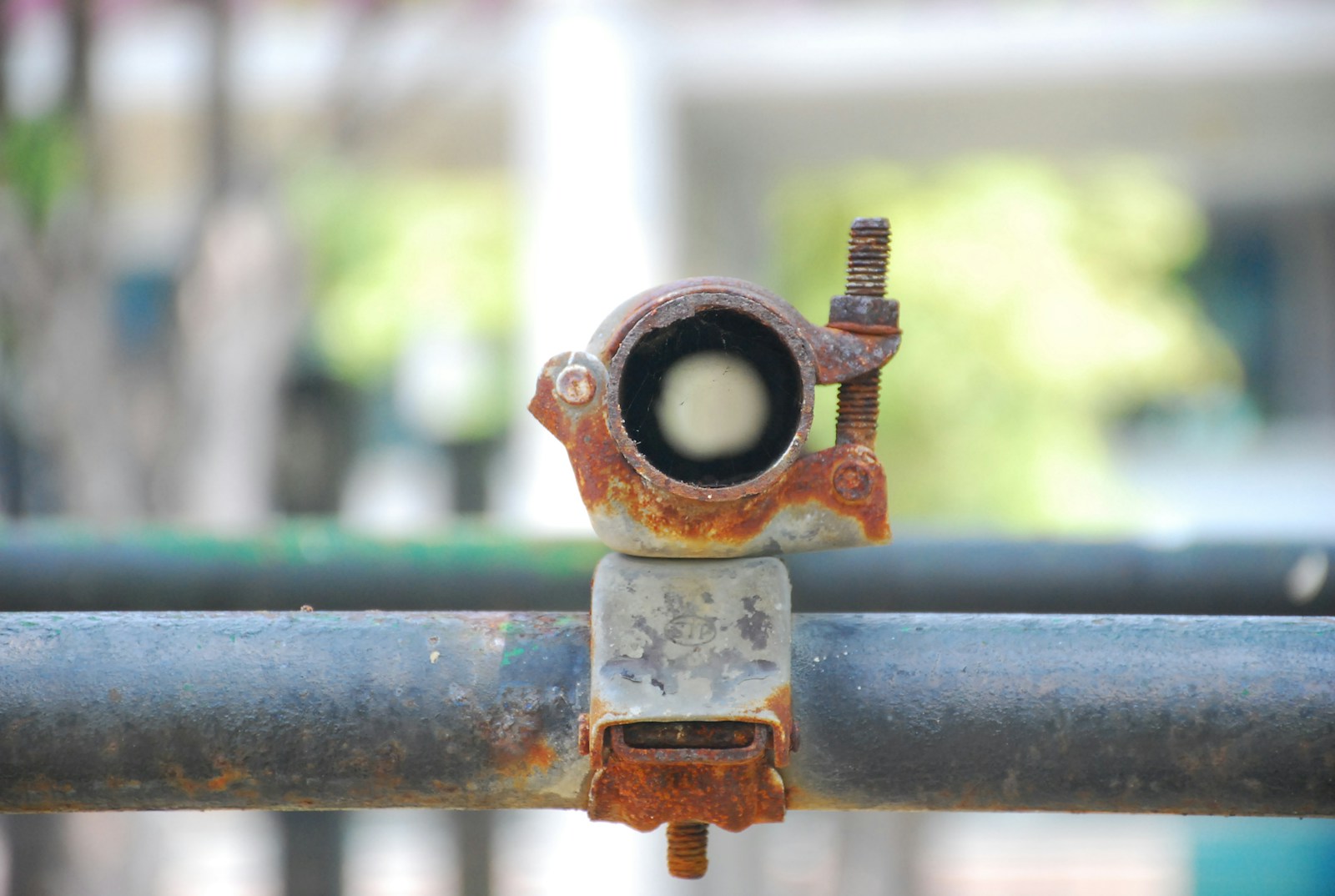
铁
tiě

iron
The Chinese word for 'iron' is '铁'. This word can be used in a variety of contexts, similar to how it is used in English. It can refer to the specific metal substance, objects made from iron, or figuratively in expressions to symbolize strength or stubbornness.
Example sentences using: 铁
这是一条铁路。
zhè shì yī tiáo tiě lù.

This is a railway.
This sentence is stating that what's being referred to is a railway, a track or set of tracks made of rails and fastenings on which trains run.
铁锹用来挖土。
tiě qiāo yòng lái wā tǔ.

A shovel is used for digging soil.
This sentence describes the purpose of a shovel, which is often used to dig or move material such as soil.
这座桥是用铁建的。
zhè zuò qiáo shì yòng tiě jiàn de.

This bridge is built of iron.
This sentence states that the material used to construct the bridge referred to is iron, a strong, hard magnetic silvery-gray metal.
因为不注意,他手上烫了个铁印。
yīn wèi bù zhù yì, tā shǒu shàng tàng le gè tiě yìn.

Because he wasn't careful, he burnt an iron mark on his hand.
This sentence states that due to negligence, the person referred to has accidentally caused an iron mark or burn on their hand.
我的车轮子是铁做的。
wǒ de chē lún zi shì tiě zuò de.

The wheels of my car are made of iron.
In this sentence, the speaker is stating that the wheels of their car are made from iron.
这个玩具兵人是铁的。
zhè gè wán jù bīng rén shì tiě de.

This toy soldier is made of iron.
The sentence indicates that the toy soldier in question is constructed from iron.
他习惯在铁路站接她。
tā xí guàn zài tiě lù zhàn jiē tā.

He is used to picking her up at the railway station.
This sentence expresses that it's a habit for the person in question to meet or pick up the person he's waiting for at the railway station.
我需要一个铁锤来破这个坚果。
wǒ xū yào yī gè tiě chuí lái pò zhè gè jiān guǒ.

I need a hammer to crack this nut.
This sentence states the speaker's need for a tool, a hammer, in order to break open a hard nut.
我喜欢喝热果酒,在冬天里像一把热铁。
wǒ xǐ huān hē rè guǒ jiǔ, zài dōng tiān lǐ xiàng yī bǎ rè tiě.

I like drinking hot fruit wine, it's like a hot iron in winter.
This sentence conveys the speaker's fondness for hot fruit wine and its warming effect in winter, likening it to a hot piece of iron.
他是一块铁石心肠。
tā shì yī kuài tiě shí xīn cháng.

He has a heart of iron.
This statement metaphorically refers to the individual as having 'a heart of iron', suggesting they are unyielding and emotionless.